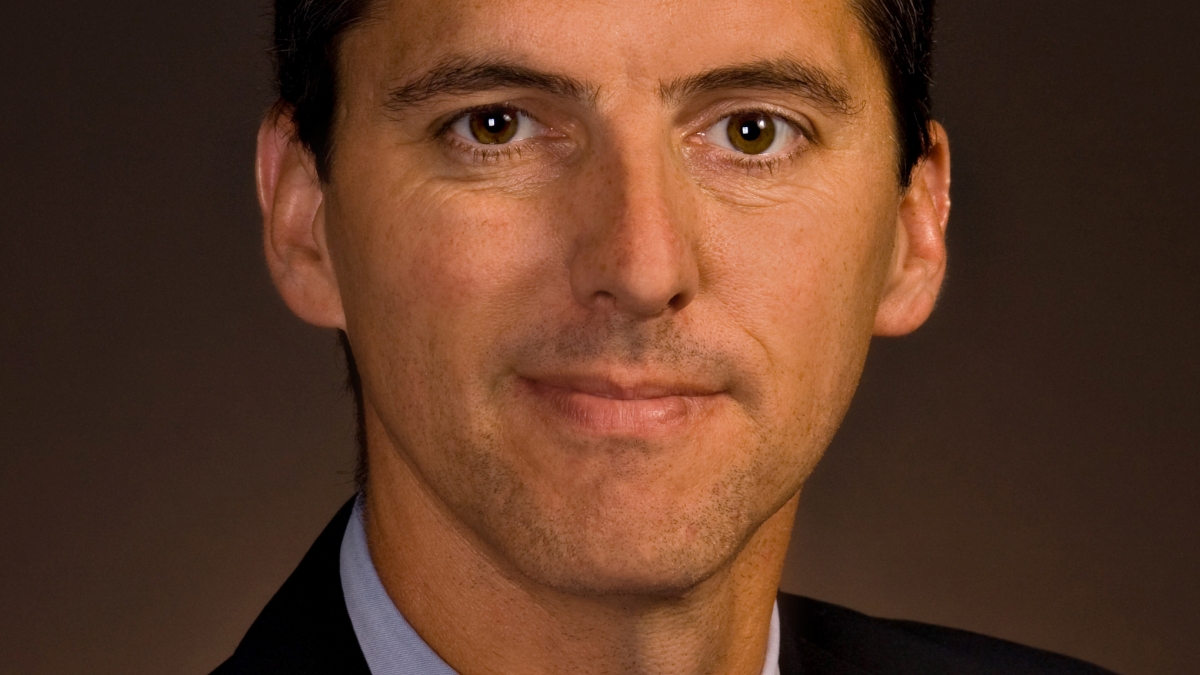Law professor urges greater focus in disaster-response planning

An article in the June issue of the journal, Biosecurity and Bioterrorism, which contends disaster-response planning generally has overlooked the special needs of people suffering from pre-existing and serious mental conditions, was co-authored by professor James G. Hodge Jr. of the College of Law.
Faculty from the Johns Hopkins Berman Institute of Bioethics wrote the commentary, “Challenges for Mental Health Services Raised by Disaster Preparedness: Mapping the Ethical and Therapeutic Terrain.” Click here to read the commentary.
They point out that survivors already diagnosed with schizophrenia, dementia, addictions and bipolar disorder are vulnerable long before a disaster strikes. More attention should be devoted to triaging and managing those already identified as having mental disorders, and they should be given as much consideration during the planning stage as is given those who will have physical injuries and more obvious anxiety-related reactions.
One study the authors cite found that 22 percent of Hurricane Katrina survivors who had pre-existing mental disorders faced limited or terminated treatment after the disaster.
The authors’ recommendations include:
• Disaster-response planners must proactively identify and anticipate what needs might arise by meeting with clinicians and public health officials.
• Because licensed practitioners will likely be scarce immediately after a disaster, planners should consider training emergency medical technicians and other first-responders to identify those with pre-existing mental conditions and recognize their need for prompt attention.
• Planners should consider turning to community volunteers, such as religious leaders and trained civilians, to distribute basic materials and temporary services to at-risk individuals.
• Broad-based primary interventions, such as psychological debriefings, might be a lower priority than implementing potentially more effective “secondary prevention” measures, which seek to reduce long-term ill outcomes.
• Planners should focus on ethical challenges likely to arise when assisting the mentally disabled during and after a disaster. Adoption of a “crisis standard of care” should be considered.
Hodge is the ASU Lincoln Professor of Health Law and Ethics, and Director of the Public Health Law and Policy Program at the College of Law. Through scholarly and applied work, he delves into multiple areas of public health law, global health law, ethics and human rights. Hodge teaches Health Law, Ethics, and Policy, Public Health Law and Ethics, and Global Health Law and Policy. In September 2010, he was named Director of the Public Health Law Network - Western Region. He is a Faculty Fellow in the law school’s Center for Law, Science & Innovation, and an affiliate faculty member in the Global Health program in ASU’s School of Human Evolution & Social Change.
Janie Magruder, Jane.Magruder@asu.edu
(480) 727-9052
Sandra Day O'Connor College of Law